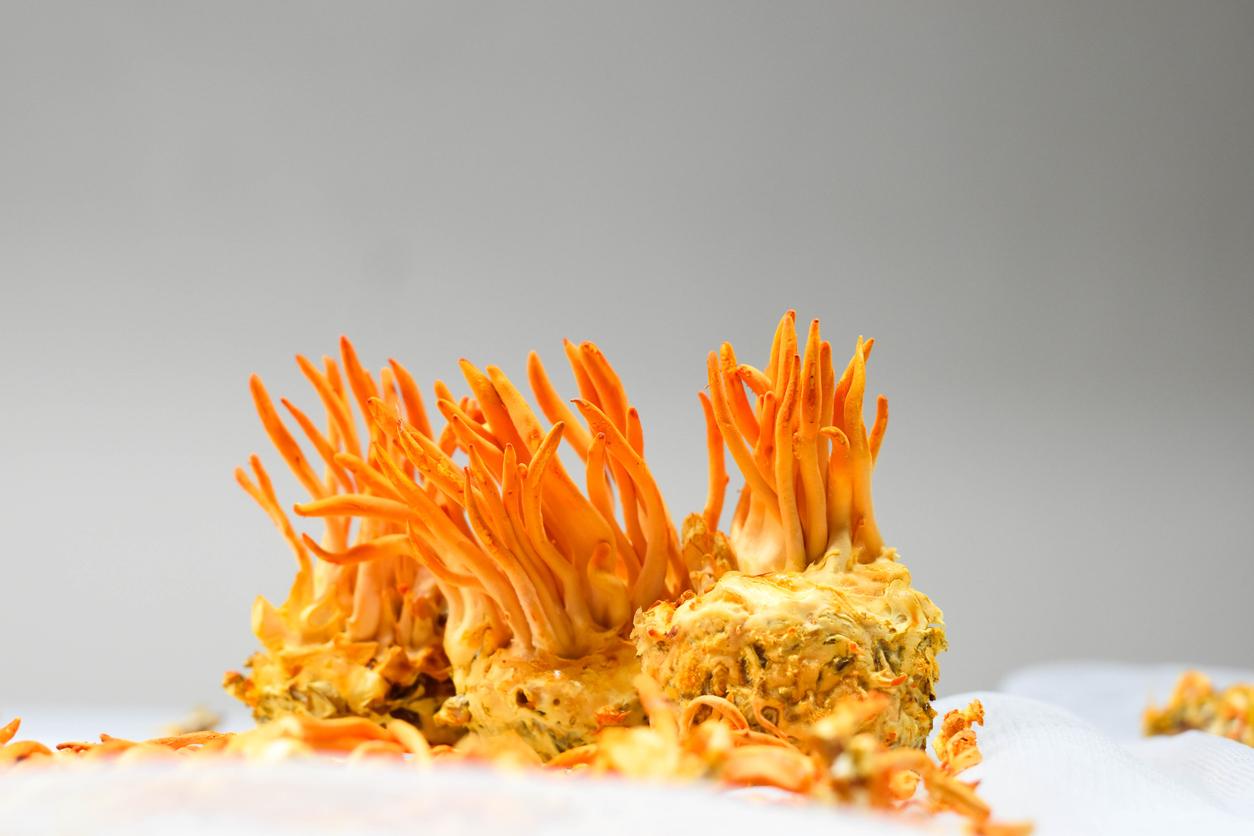A new study reveals that certain fungi present in the intestines can worsen Covid-19 infection by impacting the immune system.

- Certain intestinal fungi flourish in severe cases of Covid-19 and amplify the disease.
- They release an immune protein, called IL-6, which appears to strengthen both neutrophils and antibodies, and through a domino effect worsens excessive inflammation in the bodies of covid patients.
- This discovery could help develop treatments.
Our intestinal microbiota – composed of bacteria, viruses, parasites, but also fungi – plays an essential role in our health. A new study led by researchers from Weill Cornell Medicine and of NewYork-Presbyterian reveals that certain strains of fungi present in the intestine can have a significant impact on the severity of Covid-19.
The article was published in the journal Nature ImmunologyOctober 23, 2023.
Covid-19: Candida albicans plays a role in the severity of the disease
By analyzing patient samples from three large clinical cohorts as well as testing in mice, researchers found that the growth of certain fungi in the gut, particularly strains of the Candida yeast albicanstriggers an upsurge of immune cells in the body. The latter are then likely to exacerbate lung damage linked to SARS-CoV-2 infection.
Second observation: even after recovery, Covid-19 patients maintain an increased immune response and memory against these fungi for up to a year after recovery. This finding is particularly important because it suggests that SARS-CoV-2 infection can leave long-term aftereffects on the immune system.

Severe Covid-19: how do microbiota fungi act?
Scientists also discovered that an immune protein, called IL-6 and produced by fungi present in the intestine, enhances the activity of both antibodies and neutrophils. But in the cases serious of Covid-19 infection, neutrophils are very numerous in the lungs, aggravating the inflammatory response which damages these organs. Previous experiments have shown that blocking theIL-6 in patients weakens this immunological memory, leading to a reduction in the presence of neutrophils and antibodies. This discovery suggests that the protein could be a target when developing treatments to mitigate the damage caused by intestinal fungi.
“While these results do not have immediate implications for the treatment of severe or long-term Covid-19, they suggest new possibilities for tailored therapy, according to Dr. Iliev. For example, antifungal antibodies could potentially serve as a marker to identify patients who might benefit from therapy that targets fungi or the immunological changes they cause. Or, assuming other research supports it, the presence of the antibodies could indicate that someone might be at risk for long-term Covid-19.”write the authors in their communicated.
















